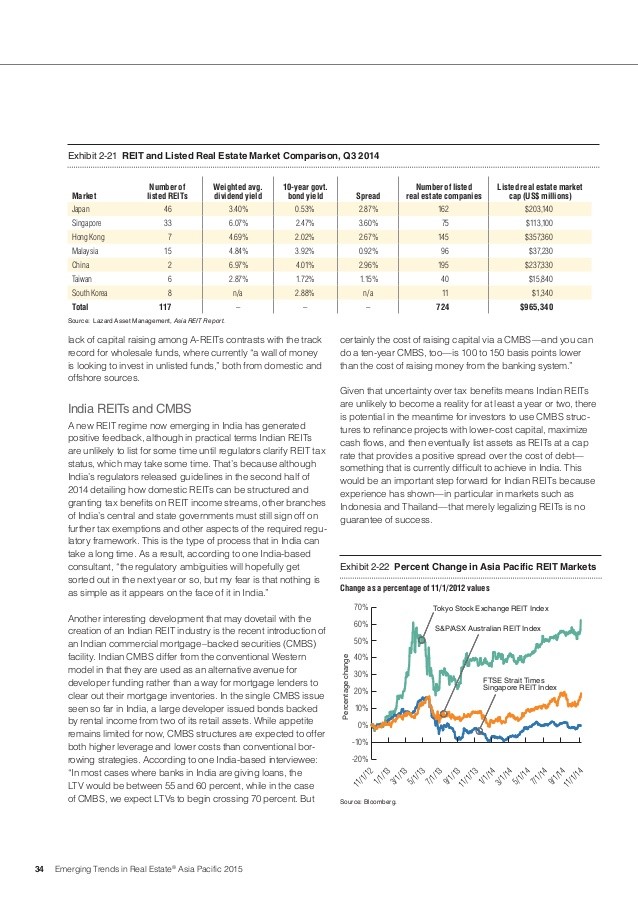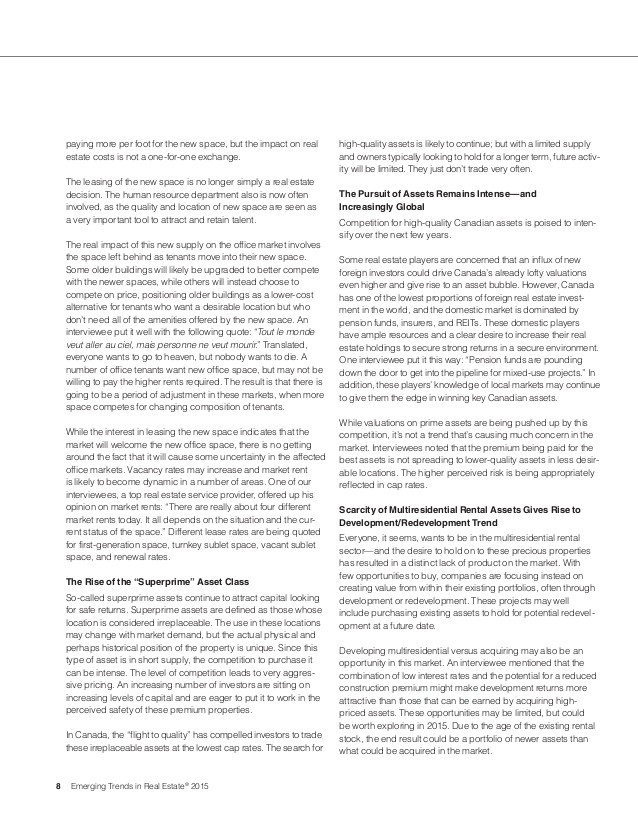REIT Worries The Impact Of Oil s Slide On Real Estate
Post on: 13 Февраль, 2017 No Comment

Follow Comments Following Comments Unfollow Comments
(Spencer Platt/Getty Images)
The well-documented plunge in oil prices has prompted many investors to scour their portfolios for any exposure to the stumbling commodity, but Jefferies says there’s another place they should be watching: real estate .
“We worry REIT managements might be too positive about the outlook in Texas,” Jefferies analysts Omatoyo Okusanya, Charles Croson and George Hoglund wrote in a report to clients Wednesday, reiterating the conventional wisdom that oil-centric economies like Texas are facing substantial problems from the steep price drop for their best product.
The analysts warn that the mid-1980s oil slump had a major impact on Texas, substantially affecting real estate prices and valuations. Citing a 1994 Dallas Fed report, Jefferies says vacancy rates, regardless of property type, “shot up astronomically…far outpacing trends in the broader market.” That was partly due to significant overbuilding during the boom years, less of a concern today with the real estate market still facing the lingering impact of the 2008 crash, but still telling and a potential danger sign for real estate companies with oil and gas tenants that could face financial failure if oil prices stay low for longer.
Jefferies isn’t making a blanket negative call on REITs, or even REITs with heavy exposure to Texas, rightly pointing out that properties with long leases like office space, healthcare and data centers have more capacity to withstand a drop in property values. Nationwide, Jefferies actually sees the slide in oil prices as a net positive for REITs, expecting any incremental consumer savings from lower gasoline prices will boost retail spending and ensure they can make lease payments.

But the firm is concerned about the prospects for apartment building owners, the storage space and hotels “as reduced demand in the face of rising supply could quickly lead to occupancy declines and pressure rents downward.”
The Jefferies analysts aren’t the first to spot that possibility. REITs and real estate operating companies with sizable portfolios in oil-rich areas have already underperformed in 2015, they note, though they still trade above five-year averages for the sector. The fear is that continued downward revisions to earnings estimates and outlooks will produce even more problems, especially among those that are heavily leveraged or proffering fat dividend payout ratios.
Among the stocks that have already taken a hit is Civeo, a provider of housing for oilfield workers that suspended its dividend late last year and abandoned plans to convert into a REIT. Though it has no Texas exposure, essentially 100% of its tenants are tied to natural resources production, with a significant portion in the Canadian oil sands according to Jefferies’ measures.
Not all oil or Texas exposure is bad. Data-center owner CyrusOne CyrusOne has about 28% direct exposure to oil and gas and 53% exposure to Texas by Jefferies’ calculations, but its stock has held up better than peers since oil started sliding in June 2014.














